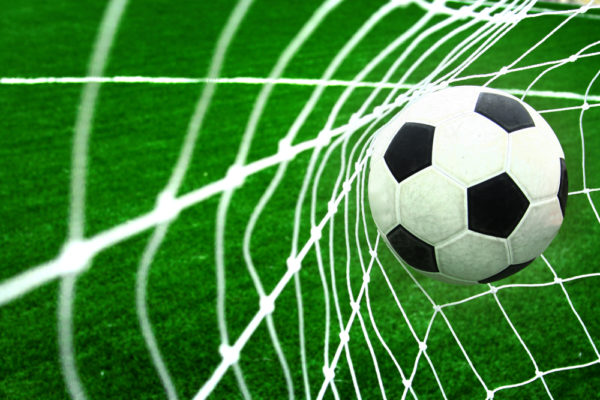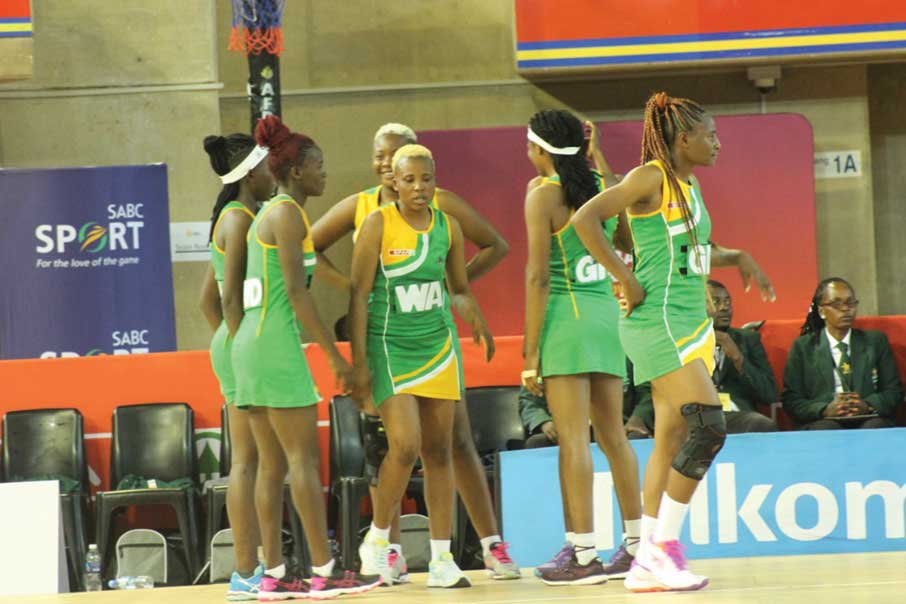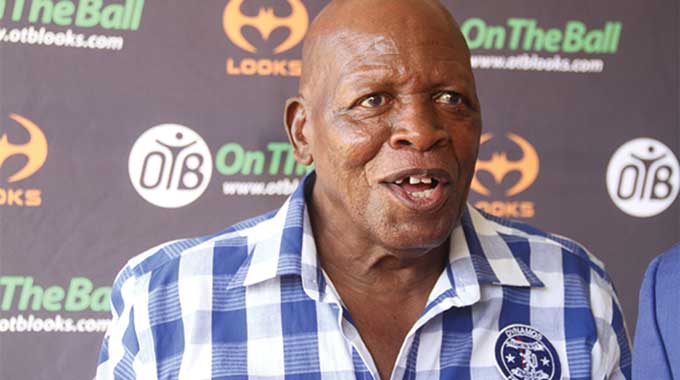
BY TIM MIDDLETON
In the 1970s there was a spate of popular comedy films in the ‘Carry On’ franchise; the titles included Carry on Sergeant, Carry On Nurse, Carry On Teacher, Carry On Cruising, Carry On Spying, Carry On Abroad, Carry On Camping. You name it, they would no doubt have carried on and made it. In short, the humour came from them being send-ups or parodies of serious institutions and positions.
Of interest, they never made a Carry On film about sport, yet sport is a serious institution and maybe in some ways the way some people treat and approach it deserves to be parodied.
There is one thing about school sport that we must make very clear, and that is that we must take seriously how we bring sport to our children.
We will not deny that education is for life; further, few would question that sport is integral to education — the clear and logical conclusion of that is that sport is for life. We do not do sport at school just to occupy or amuse the youngsters; we do sport at school not simply as a life lesson but for it to become a life habit.
The sad and harsh reality though is that over 90% of children stop playing sport when they leave school. They just do not carry on playing sport. They do not play it at national, provincial or club level but equally they do not even play it at a social level. Why is that?
Many will argue that it becomes expensive to play sport at a club; subscriptions when someone is a student or in a new low-paid job are beyond the youngsters’ reach while the cost of travelling and equipment is also expensive for such folk.
Clubs do not help youngsters to want to carry on playing. Yet it cannot be denied that there are plenty of sports and opportunities where it will cost nothing; it does not cost anything to kick a ball around on an open piece of land.
- Chamisa under fire over US$120K donation
- Mavhunga puts DeMbare into Chibuku quarterfinals
- Pension funds bet on Cabora Bassa oilfields
- Councils defy govt fire tender directive
Keep Reading
Of course, others will chime in and argue that there are few facilities or clubs for youngsters to continue with sport. At one stage, some of the bigger sports clubs put out five, six or seven teams each weekend; now we are lucky to find five, six or seven clubs who play.
Continuing to play sport, however, does not mean that it must be formal sport; it can just as easily be a group of friends getting together for an impromptu game.
Those are valid responses to the question as to why youngsters do not continue with sport after school. There are plenty more relating to the individuals concerned.
A real reason may simply be that the person is lazy and does not want to exert himself – why get out of breath, injured, sore, stiff, when it is easier and safer simply to relax? We should ask ourselves first why that person is lazy. Conversely, others might say that they are too busy to play sport.
In truth that means they will burn themselves out with so much busy-ness and no sport, while the old maxim still stands – if you want something done, give it to a busy person. Being busy is no excuse.
Perhaps the individual has been hurt, physically or mentally (he does not want to face any more disappointment or failure in defeat) and will not put himself at further risk. Such responses may well be factors, indeed.
However, what should concern us even more is the fact that there are many more truths closer to school itself to explain the neglect of sport after school. Many youngsters were bored with sport, through the way it was presented, and were put off entirely.
Others will have become tired of sport, through having been pushed and pushed unnecessarily at school. In the same vein, others will have been used (and thus abused) by coaches, parents and schools more concerned about results and their reputation than the child’s welfare or interest in sport.
Others yet may have been put off because they were ignored at school; too often coaches only involve and invest in those with obvious talent and leave the others sitting on the side-lines. Then there are those who are plain ignorant, who have not been shown or explained why sport in itself is good and wholesome.
The fault for the most part lies with the school and the way they have projected sport. As a result, a school that does not produce youngsters who want to continue with sport deserves to be parodied.
Our responsibility as coaches and parents is to involve our youngsters in sport in such a way that they want to continue with it after school – playing sport ourselves would help. The legendary rock band, Queen, sang Don’t Stop Me Now, with its refrain ‘I’m having a good time’ and that should be our own continuing refrain – don’t stop our children from playing sport; coach them in such a way that they are having a good time and they will continue with it. Now, that is a proper carry on!
- Tim Middleton is a former international hockey player and headmaster, currently serving as the Executive Director of the Association of Trust Schools Email: [email protected]










